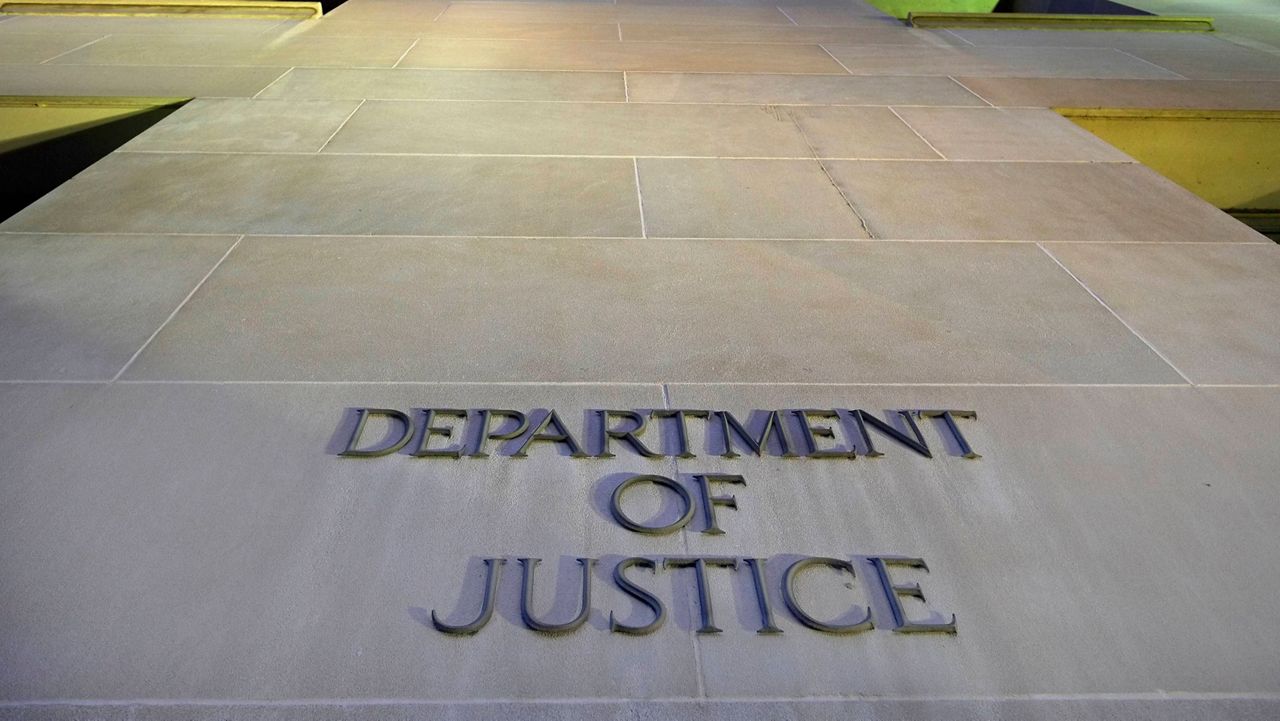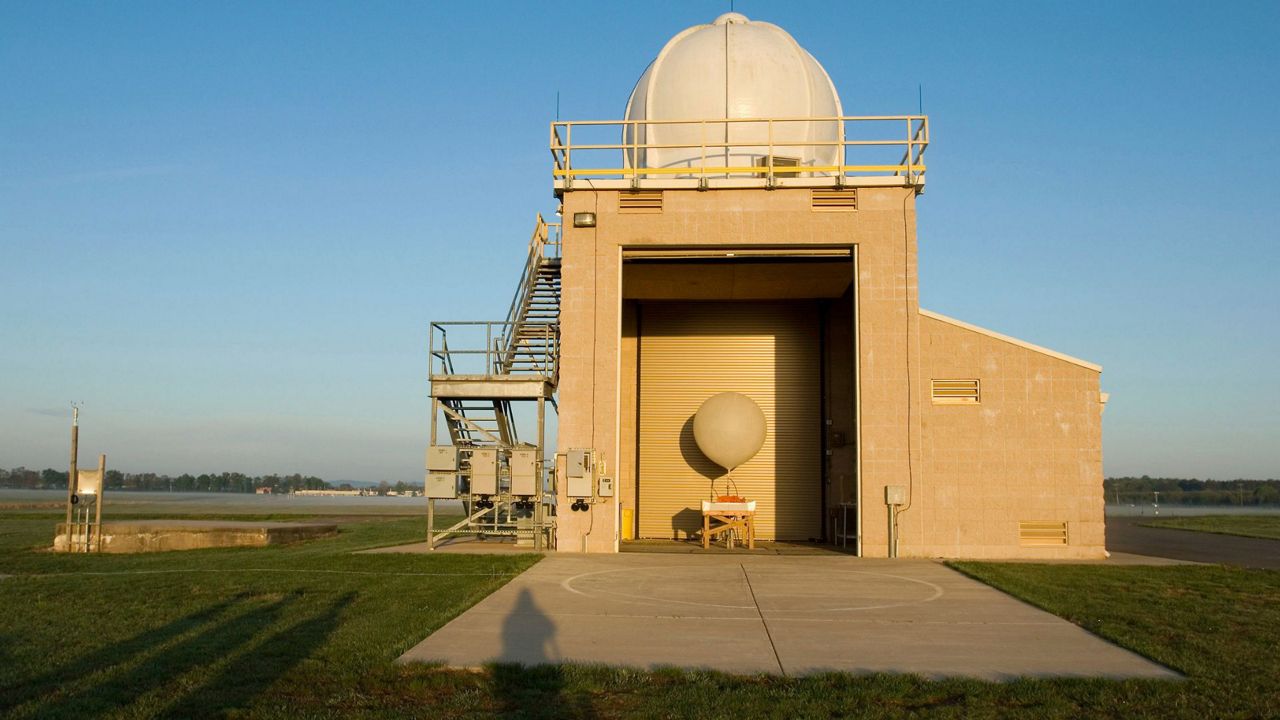They chanted on the steps of the Kenneth Hahn Hall of Administration, sending a powerful message to the Los Angeles County Board of Supervisors.
“211 callers need and deserve service from experienced professionals dedicated to their needs and interests,” said Maribell Marin, Executive Director of 211 LA.
The nonprofit group has been running the county’s 211 service for over 40 years. The phone line connects people with a variety of social services.
“They’re either already homeless or on the verge of becoming homeless, being evicted. There are also a lot of people calling with health care [issues], food, you name it,” said Cecilia Larios, who has worked for 211 LA for 11 years.
But the county says the entire process has become less efficient. County leaders said 211 LA was originally contracted to answer 80% of all calls within 60 seconds, but was most recently self-reporting wait times as long as seven minutes. 211 LA blames a lack of county funding since 2005.
“Because of the funding limitations, we have had to reduce the level of service and there has been no outreach,” said Alana Hitchcock, Senior Director and Public Information Officer at 211 LA.
An outside consultant determined the county was “using 20th Century technology to address 21st Century social challenges.” As a result, county supervisors considered whether to make a change and award the contract to the private company, Deloitte, but the supervisors deadlocked during Tuesday’s meeting. Two voted yes. Two voted no, and there was one abstention, so the motion failed.
Larios was one of the employees whose job was potentially on the line.
“It’s a connection that comes through the empathy that you’re providing someone who’s crying over the phone, who has had enough,” Larios said.
“That is what keeps me in this job for those 11 years. Knowing that one call after another, you’re building, you’re helping. They’re trusting you to do the job that people need.”
211 LA says Deloitte’s plan was all about automation.
“We knew it was the wrong direction for LA because it really emphasized technology over people,” Hitchcock said.
“We’re talking about complex issues that are emotionally laden with people who have trauma and they don’t just need information. They need assistance. They need guidance. They need compassion and they need connection to resources from people who know what they’re doing.”
But county leaders say 211 LA has been pushing misinformation about automation. The county says their goal is to make the process more efficient and provide better service that would “include an expanded pool of live agents responding to calls from the public along with shorter wait times, and the introduction of digital information options for consumers who prefer that mode.”
211 LA says more than half a million people actually speak to a live person each year and another million use their website to find resources. Larios fears automation will only lead to more frustration and discourage those who need help the most.
“Those individuals that we mentioned that are coming defeated and hurting, I don’t know if they would dial that number again,” she said.
Ultimately, both sides insist they just want the system that benefits the most people, no matter who answers the call.
Let "Inside the Issues" know your thoughts and watch Monday through Friday at 8 and 11 p.m. on Spectrum News 1.











